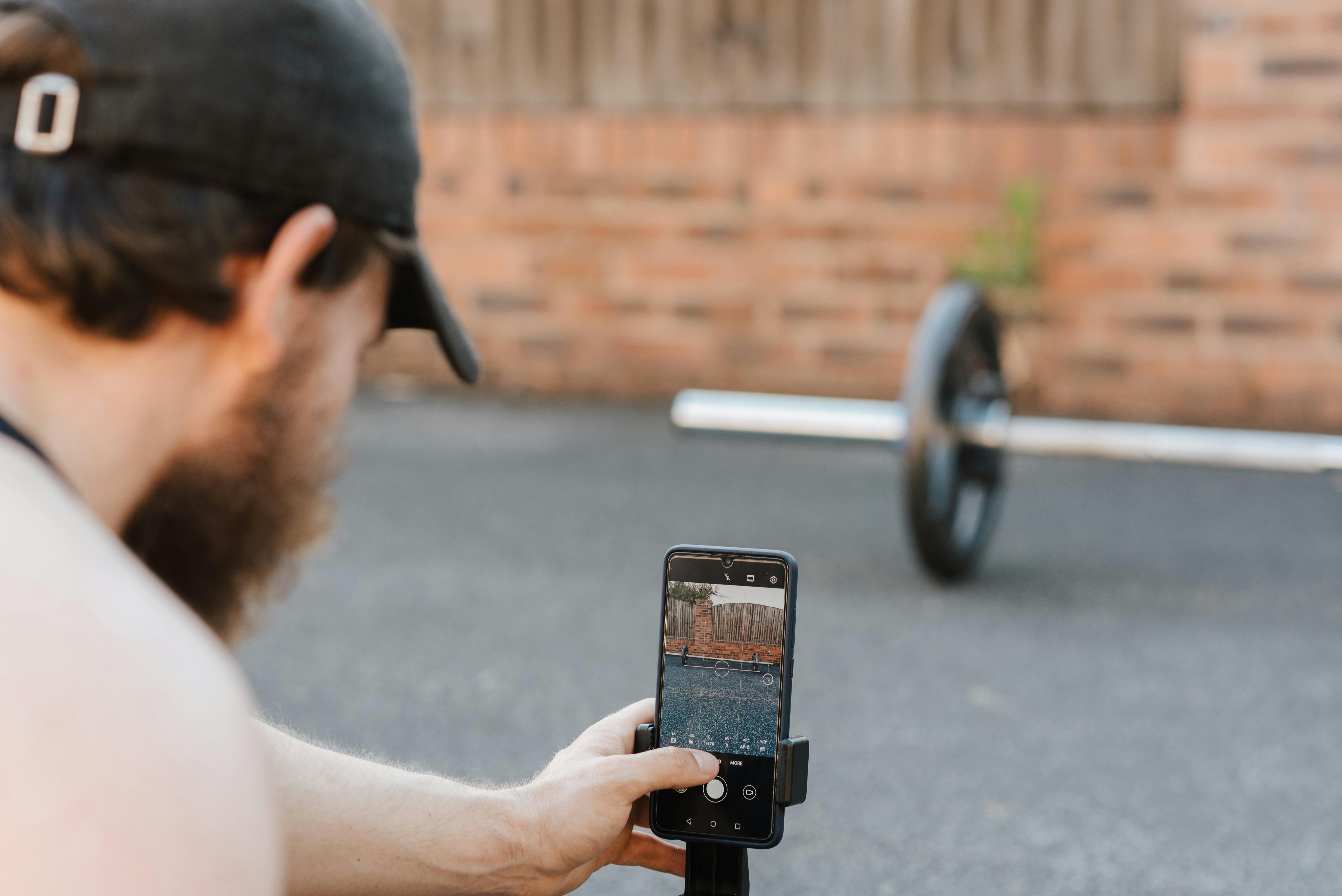Unlocking Potential Beyond the Field: How Invictus Helps Retired Elite Athletes Continue Their Legacy
After years of dedicating themselves to their craft, elite athletes face a unique challenge upon retirement: how to channel their passion, expertise, and drive into a fulfilling and sustainable future. For retired Olympic hockey players and other elite athletes, the transition away from competition can feel like stepping into uncharted territory.
While their careers may no longer revolve around intense training schedules and high-stakes tournaments, the value they bring to the sports community is immense. The Invictus platform offers these athletes a meaningful way to remain connected to the sport they love, impact the next generation, and build a financially stable future.
Here’s how Invictus is creating opportunities for retired elite athletes:
1. Monetizing Expertise Without Sacrificing Flexibility
One of the greatest challenges for retired athletes is finding new ways to monetize their skills without being tied to a rigid schedule. Coaching clinics or in-person mentoring sessions are fulfilling but often require extensive time and travel commitments.
With Invictus, retired athletes can offer video feedback sessions to grassroots players and up-and-coming talent. This model allows them to share their knowledge and insights at their convenience, creating a flexible and scalable income stream. Athletes can review videos, provide actionable advice, and make a tangible impact—all from the comfort of their own home.
2. Building a Lasting Legacy
For many elite athletes, the desire to give back to their sport runs deep. They’ve experienced firsthand the challenges of honing skills and competing at the highest levels, and they want to guide others on a similar journey.
Invictus makes mentorship accessible and impactful. By offering feedback through the platform, retired athletes can inspire and shape the next generation of players. Whether it’s perfecting a drag flick in hockey or mastering mental toughness, athletes can help young players achieve their potential. This mentorship creates a lasting legacy, extending their influence far beyond their playing days.
3. Staying Connected to the Sport They Love
Retirement can leave athletes feeling disconnected from the sport that once defined their lives. Invictus bridges that gap by keeping them actively involved in the community. The platform connects retired athletes with grassroots clubs, coaches, and young players, fostering a sense of purpose and belonging.
Through these connections, athletes can stay relevant in their field while nurturing relationships that may lead to new opportunities in coaching, commentary, or sports entrepreneurship.
4. Empowering Athletes to Build Their Personal Brand
In today’s digital age, an athlete’s influence extends far beyond the field. Retired players can leverage Invictus to enhance their personal brand, positioning themselves as thought leaders and mentors in their sport.
By consistently engaging with young athletes and clubs on the platform, they showcase their expertise and commitment to the sport. This visibility not only strengthens their reputation but can also attract sponsorships, speaking opportunities, or partnerships that align with their new career goals.
5. Creating Financial Stability During Transition
The financial uncertainty of retirement is a common pain point for elite athletes. Invictus addresses this by providing a straightforward revenue model. Athletes can earn from each feedback session, creating a reliable income stream without needing to overhaul their lifestyle.
For athletes transitioning to a post-competition career, this supplementary income can ease financial pressures and allow them to explore new ventures with confidence.
Why Invictus Is a Game-Changer for Retired Elite Athletes
Invictus isn’t just a platform; it’s a bridge between an athlete’s past and future. It empowers retired players to continue making an impact while building a new chapter in their lives. Whether they aim to mentor the next generation, grow their brand, or achieve financial independence, Invictus provides the tools and opportunities to make it happen.
For retired Olympic hockey players and other elite athletes, the journey doesn’t end with the final whistle—it evolves. And with Invictus, they can ensure that their skills, knowledge, and passion continue to shape the world of sports for years to come.
Are you a retired athlete ready to take the next step?
Join Invictus today and discover how you can inspire the next generation, grow your brand, and build a fulfilling future in sports.






